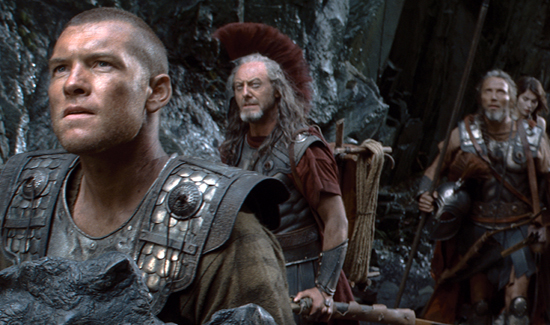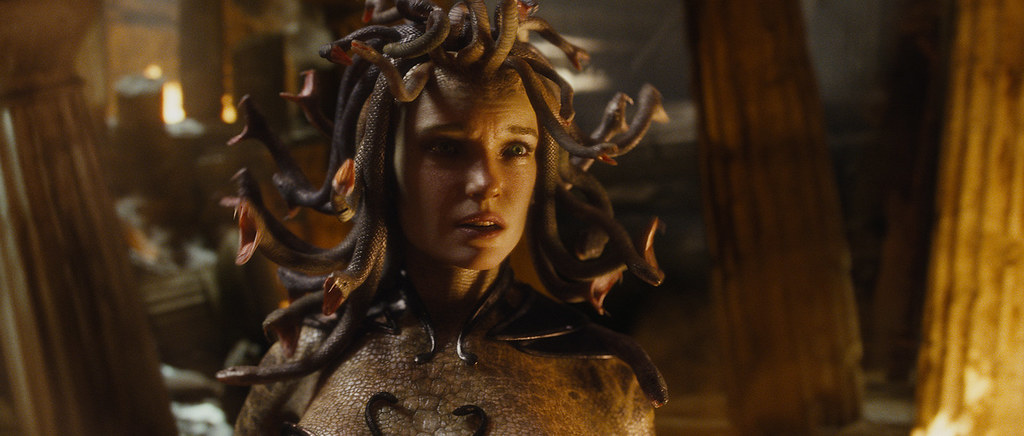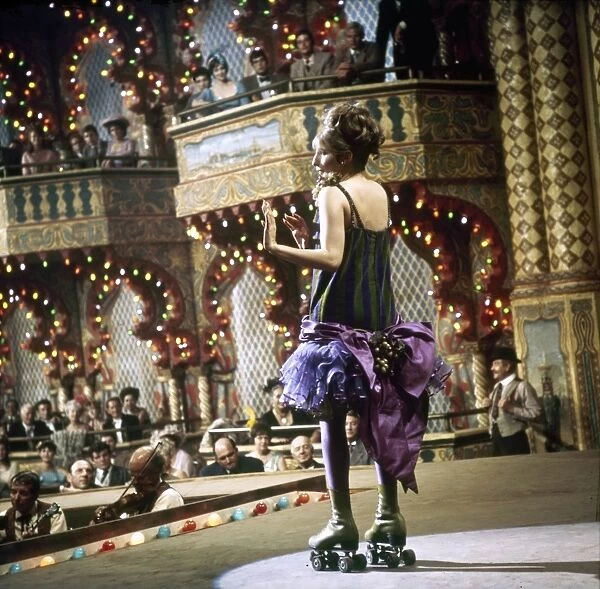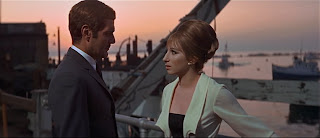Remakes in general have a pretty big hill to overcome.
Whether producers, actors and studios alike think they're doing the fans a
service, it is still very likely approval will be low. A remake of an original
work can't have tributes alone to satisfy viewers. But this is also the
problem, a remake has to do something different from the original but also not
completely alter everything, or it will alienate its base. The only way a
remake can truly have success is if the original was either not that good to
begin with or it manages to step up its game. Most of the time, these kinds of
opportunities are far and few between. For this remake, competing with the
original Clash of the Titans (1981) was already a tough call. With so many
aspects of the original enjoyed by many, this film had to meet some high
expectations. And while it wasn't as well received, it did manage to still
produce some popcorn fluff. Just not in all the right places.
 |
| Sam Worthington |
With Travis Beacham (who would later work on Pacific Rim (2013)),
Phil Hay and Matt Manfredi (Æon Flux (2005)) as writers to this film, it is
apparent that they tried to make it similar to the original. When a man named
Perseus (Sam Worthington) witnesses his family's death to a god, he sets it his
mission to fight back. This motivation is only reinforced when the city of
Argos, a rebellious city is threatened by Zeus (Liam Neeson) to be destroyed.
With Hades (Ralph Fiennes) being granted permission to let the kraken loose on
the city thanks to the queen (Polly Walker), Perseus and Argos' strongest men
seek the answer on defeating it. Directed by Louis Leterrier, a guy with many
action films tied to his name like Transporter (2002) and Transporter 2 (2005),
certainly has what is needed for a film that needs lively energy. The biggest
issue though is the script and Sam Worthington as the lead.
While Worthington can grimace, yell and move athletically,
his emotional range needs some work. Being that the script relies more on the
loss of his family and less about romance, there lacks an emotional balance in
the story. There's barely a time where Perseus even cracks a smile or wise
remark. As a result, the lead feels less charismatic and more just a pawn in
the story. With the writers' screenplay failing to incorporate more of this, it
feels as though they forgot the heart of the story. Yet somehow they did
remember to include charming and more favorable dialog for the supporting
actors like Mads Mikkelsen, Liam Cunningham, Hans Matheson, Ashraf Barhom,
Mouloud Achour and Nicholas Hoult who play Argos' top warriors. So, not sure
how that works. Even Ian Whyte who plays some mysterious humanoid scorpion
creature is more interesting to watch.
Aside from this, the writers do include some other
references to the original like Jason Flemyng who plays the cursed Calibos.
Even Bubo the mechanical Owl appears for a cameo. Action sequences are by far
the strongest this film has to offer. Whether the fighters are fending off
other human attackers, human sized creatures or giant monstrosities, the action
is lively and engaging. The best set piece is when Perseus and company come
across super-sized scorpions. Even the battle between Perseus and Medusa
(Natalia Vodianova) is fairly entertaining even though it won't ever top the
original. The weakest was probably the one between Perseus and Calibos. All
this is most likely due to Louis Leterrier's experience working with action set
pieces. Believe it or not though the graphic content is turned down. Although
that's probably just to attract a wider audience.
 |
| "Does this CGI really make me look bad?" |
Visuals to the film are an unfortunate mixed bag. While the
imagery, makeup effects and creature designs are creative, their CGI
counterparts tend to suffer. Although watching movies can be used as an
escapist activity, to watch actors walking around and interacting with various
settings that are CGI ruins the whole experience. There's barely a place that
feels like it is physically tangible. The cinematography by Peter Menzies Jr.
(The 13th Warrior (1999) and Lara Croft: Tomb Raider (2001)) was adequate, it
was just the CGI scenes that felt the least credible. Producing the music was
composer Ramin Djawadi, who had worked on Blade: Trinity (2004) and Iron Man
(2008). Relying heavily on strings and electric guitar, Djawadi makes an interesting
interpreter for the film. Sadly, it has very little resemblance to that of the
upbeat and adventurous sounding score from the original.
Points Earned --> 6:10




